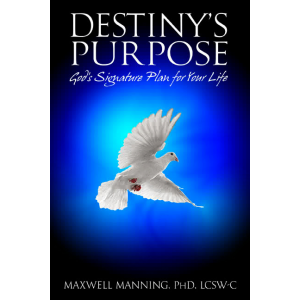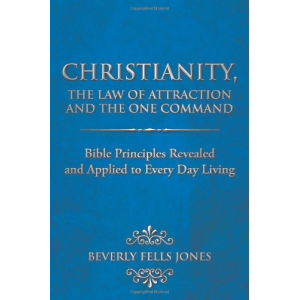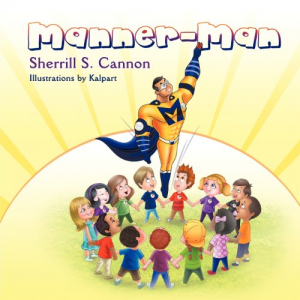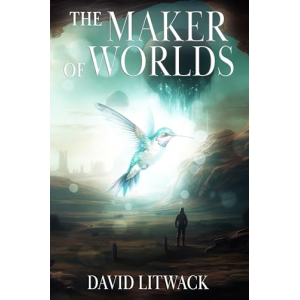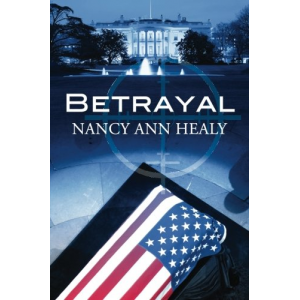- Author
- Book
- Story behind the book
- Media Links
- Reviews

jignesh shah
About
Jignesh Shah is the founder, Chariman, and CEO of the Financial Technologies Group which is a global leader in creating and operating tech-centric financial exchanges for stocks, commodities, currencies, bonds and other asset classes. He is often called the ‘Innovator of modern financial markets’ for his role in creating a successful public private partnership (PPP) model to build world-class financial institutions in emerging economies. His vision is to bring ‘Wall Street to the man on the street’ and drive inclusive and equitable growth through technology. He launched Multi Commodity Exchange of India in 2003 to create ‘Markets for Masses’. He is a recipient of the ‘Ernst and Young Entrepreneur of the Year’ award for business transformation. CLSA has inducted him in their Hall of Fame and recognized him as one of the ‘Top 20 Indians’ who could change the face of world business. He was also honored with the ‘US-India Businessman’ award (2006) and chosen by the World Economic Forum, Geneva, as the ‘Young Global Leader.’ Jignesh Shah is deeply passionate about the role of markets in corporate social responsibility activities and has launched initiatives such as ‘Gramin Suvidha Kendra’ in association with India Post, and ‘Pragati’ with Rotary International to empower underprivileged communities with education and training.
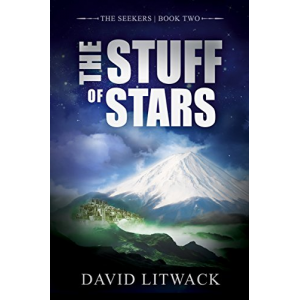
The Seekers: The Stuff of Stars (Dystopian Sci-Fi - Book 2)
Description
<p>This second book in <em>The Seekers</em> dystopian series continues the story started in the critically-acclaimed <em>The Children of Darkness</em>, winner of the <strong>Pinnacle Book Achievement Award, Summer 2015 - Best Book in the Category of SCIENCE FICTION</strong>, and winner of the <strong>Awesome Indies Seal of Excellence</strong>....</p><h1><strong><em>The Stuff of Stars</em> by David Litwack</strong></h1><p>Evolved Publishing presents the second book in the new dystopian series <em>The Seekers</em>. [DRM-Free]</p><h2><em style="font-size:13px;line-height:1.6em;">“But what are we without dreams?”</em></h2><p>Against all odds, Orah and Nathaniel have found the keep and revealed the truth about the darkness, initiating what they hoped would be a new age of enlightenment. But the people were more set in their ways than anticipated, and a faction of vicars whispered in their ears, urging a return to traditional ways.</p><p>Desperate to keep their movement alive, Orah and Nathaniel cross the ocean to seek the living descendants of the keepmasters’ kin. Those they find on the distant shore are both more and less advanced than expected.</p><p>The seekers become caught between the two sides, and face the challenge of bringing them together to make a better world. The prize: a chance to bring home miracles and a more promising future for their people. But if they fail this time, they risk not a stoning but losing themselves in the twilight of a never-ending dream.</p><p><strong>Be sure to start with the first book in this series, the multiple award-winning <em>The Children of Darkness</em>. And don't miss David's award-winning speculative saga, <em>The Daughter of the Sea and the Sky</em></strong></p>
Story Behind The Book
Media Links
Reviews
<p>Back to the Future is a pioneering contribution to India’s economic history. It is the first monograph documenting the development curve of commodity trade in India; it is the first such work to take cognizance of prehistoric, protohistoric, and historic date spreading over 7000 years; it is the first attempt to portray how India traded commodities in the long-lost past, and how this multi-millennia-rich experience can help trace the origins of quite a few of the commodity trading practices in the present times. Back to the Future is without doubt a fascinating account of the commodity trade in the Indian subcontinent from the earliest recorded times. <br /><br /><strong>Dr Vijay Kelkar</strong><br />Chairman, Finance Commission<br />Government of India/ </p> <hr align="center" size="1" width="95%" noshade="noshade" /><p>Instead he’s co-written a linear narrative based on “archeological, literary, and inscriptional sources (circa 7000 BCE to 1800 CE)”, as the subtitle explains, plus academic discourses on the subject…. Given that commodity trading was the major business activity in the period he covers, this book is a de facto narrative of India’s economic history.<br /><strong>‘Trading on the past’, Business Standard </strong>dated <strong>March 17, 2010, </strong>by<strong> Kanika Datta</strong> </p> <hr align="center" size="1" width="95%" noshade="noshade" /><p>Commodity trade is one of the oldest trades and its history can be traced back to the roots of ancient civilisations. In the 1400s, commodities such as wheat and rice, and cotton were grown in India. During the same time, Vasco da Gama in his search for new trade routes discovered India with its rich abundance in spices and other commodities, and introduced the country to the rest of the world. A new book titled Back to the Future: roots of commodity trade in India by Jignesh Shah (founder, chairman and CEO of the Financial Technologies group) and Biswajeet Rath (Takshashila Academia of Economic Research) provides an insight on the antiquity of commodity trade in India.<br /><strong>‘In Brief’, Financial Express </strong>dated<strong> February 19, 2010, </strong>by<strong> FE Bureau</strong> </p> <hr align="center" size="1" width="95%" noshade="noshade" /><p>What distinguishes the work is the pains taken to stress the point that global commodity trade was well developed with shipping-logistics support and a system to regulate trade in ancient times…… It covers the period from 7000 BCE to 1800 CE The 143-page book does create interest in the reader to learn more about history of commodity trade and there-in lies the merit of the book co-authored by renowned historian Biswajeet Rath…… The book assumes added relevance after the science boom and the IT, biotechnology, nanotech boom that shifted world attention away from a sector which has roots in antiquity and still serves to provide employment, investment opportunities and money to several millions of people directly and indirectly all over the globe.<br /><strong>‘Did Kautilya write about commodity futures?’, Commodity Online</strong> dated <strong>March 05, 2010 </strong><em>by</em><em><strong></strong></em><em><strong>Sreekumar Raghavan</strong></em></p>

